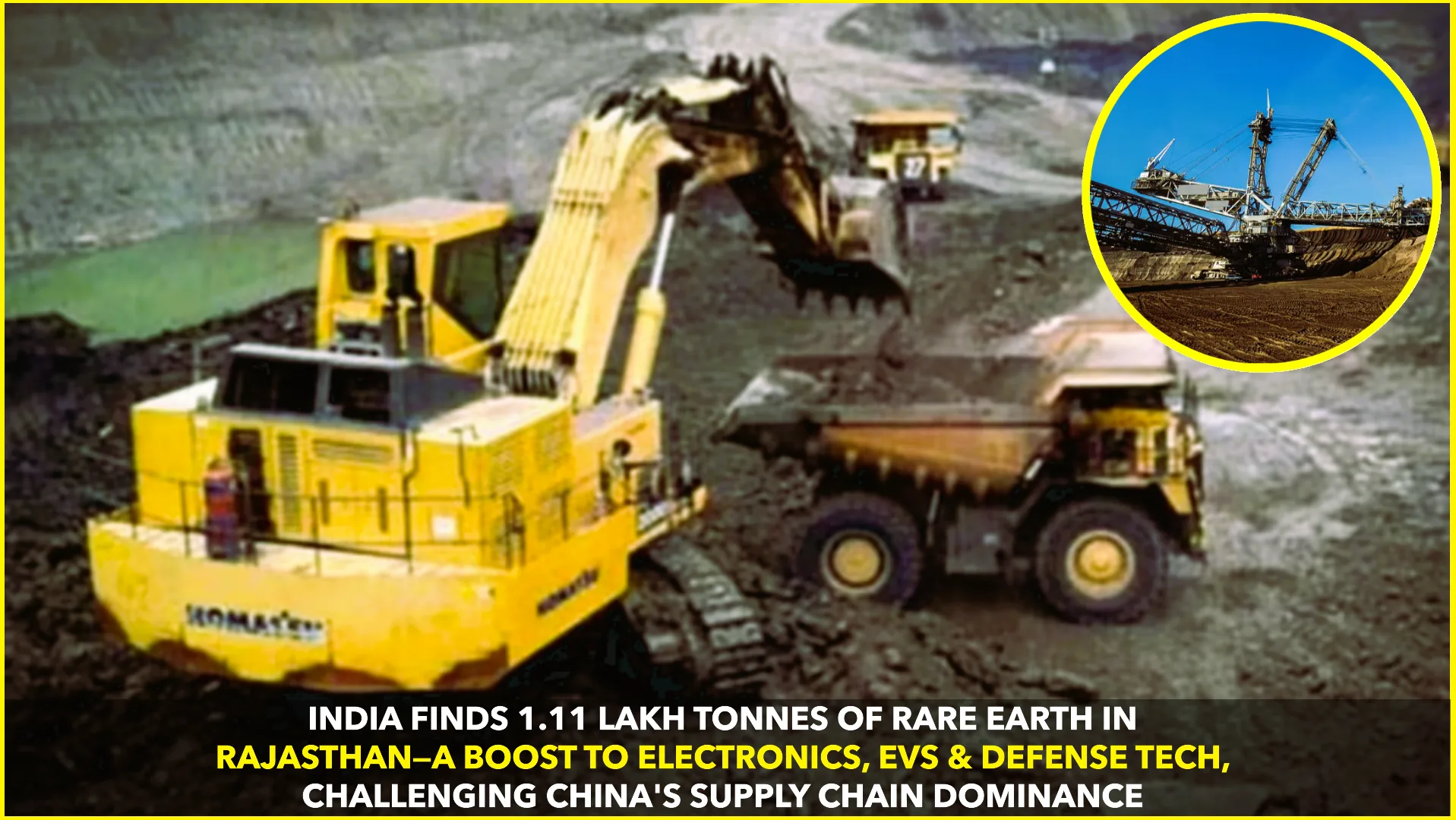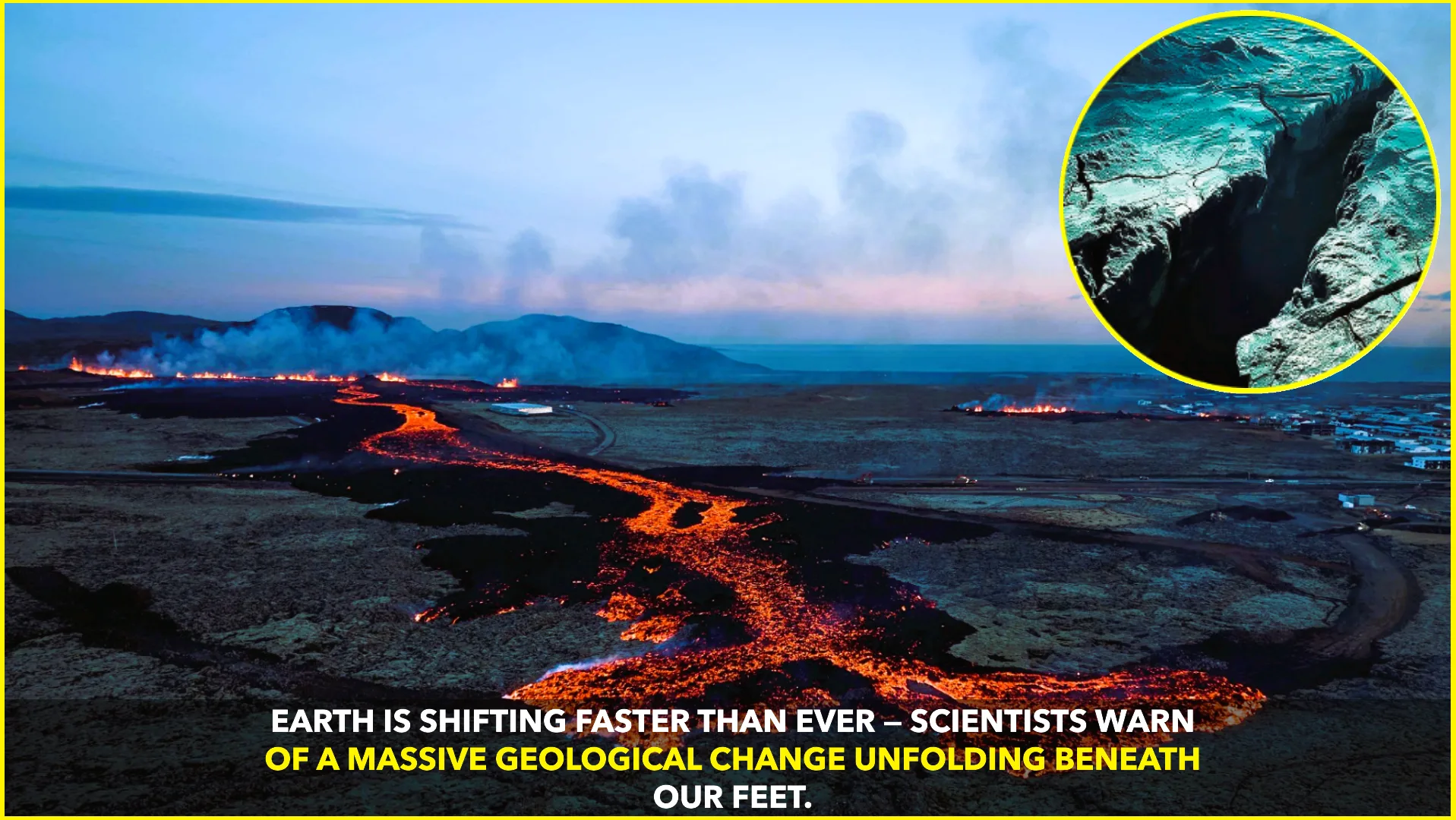In a significant development for India’s technological and strategic ambitions, the country has confirmed the discovery of massive rare earth mineral reserves in the Balotra region of Rajasthan. According to officials from the Ministry of Mines, more than 1.11 lakh tonnes of Rare Earth Oxide (REO) have been identified, marking a major leap forward in India’s efforts to secure critical mineral resources essential for future technologies.
The discovery was confirmed by the Geological Survey of India (GSI) and Mineral Exploration and Consultancy Ltd. (MECL), which conducted extensive geological mapping and sampling over the last two years. The rare earth elements (REEs) found in Balotra are considered vital components in a wide array of high-tech and strategic sectors, including electric vehicles (EVs), renewable energy systems, electronics, and defense applications such as guided missiles, stealth tech, and radar systems.
Strategic Significance
Rare earths are a group of 17 chemically similar elements, and while their name suggests rarity, they are relatively abundant in the Earth’s crust. However, they are rarely found in economically exploitable concentrations, making discoveries like the one in Balotra strategically critical.
India currently imports more than 90% of its rare earth supply—most of it from China, which controls over 60% of the global rare earth production. This dependence not only creates supply chain vulnerabilities but also exposes India to geopolitical risks, especially in times of trade tension or military escalation.
Union Minister for Mines Pralhad Joshi said in a recent statement:
“This is a historic moment for India’s mineral security. The discovery in Rajasthan will pave the way for Atmanirbhar Bharat (self-reliant India) in critical minerals. With this reserve, India can reduce its import dependency significantly.“
Mining Auctions Soon
Officials said that the government plans to begin auctioning mining rights for the Balotra reserves within the next few months, inviting both domestic and foreign investments. The Ministry of Mines is also working closely with the Ministry of Electronics and Information Technology and the Department of Atomic Energy to ensure that the extraction and processing of these rare earths are aligned with national strategic needs.
The government is also expected to introduce policy incentives for private players and state-run enterprises to invest in processing technologies, which are crucial since raw rare earths must undergo complex refining to be usable in high-tech applications.
Environmental Considerations
While the announcement has been met with enthusiasm, environmental groups have called for caution. Rare earth mining and processing can have significant environmental impacts, including radioactive waste generation. The government has assured that strict environmental clearances and regulations will be enforced, and sustainable mining practices will be prioritized.
Global Implications
India’s entry into the rare earth race comes at a time when countries like the U.S., Japan, and the EU are also seeking to diversify their supply chains away from China. With the Balotra discovery, India could position itself as a key alternative supplier in the global market, especially as the world transitions toward clean energy and digital technologies.
If managed efficiently, this discovery could not only fuel India’s domestic tech ecosystem but also establish the country as a strategic player in the global rare earth supply chain, bringing both economic and geopolitical benefits.
Sources:
- Ministry of Mines Press Release
- Geological Survey of India (GSI)
- Reuters India
- The Hindu BusinessLine
- Economic Times










